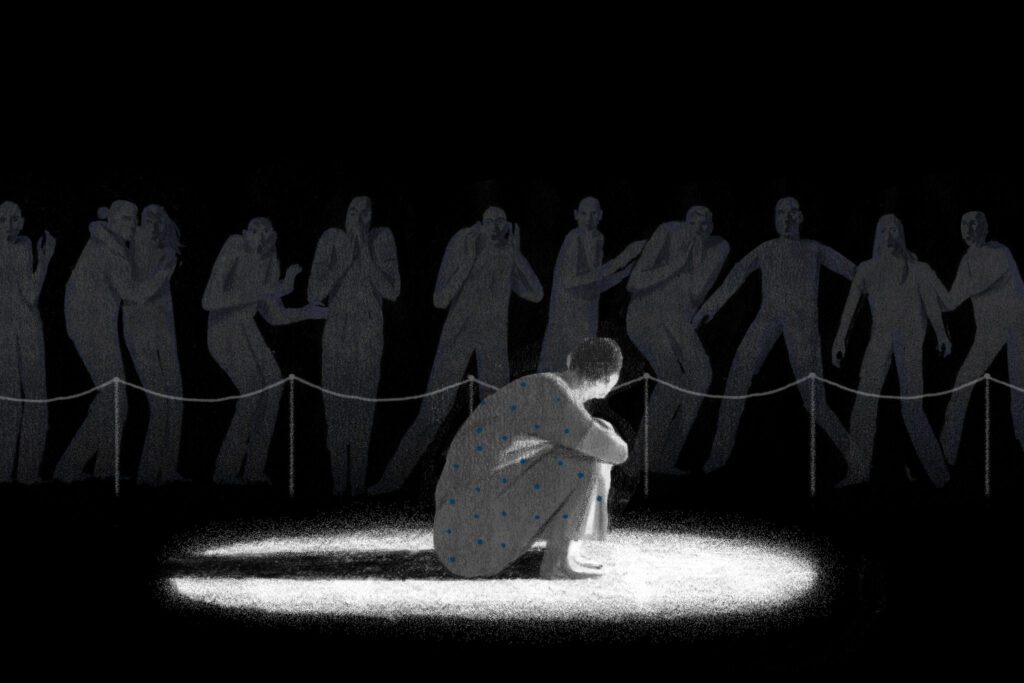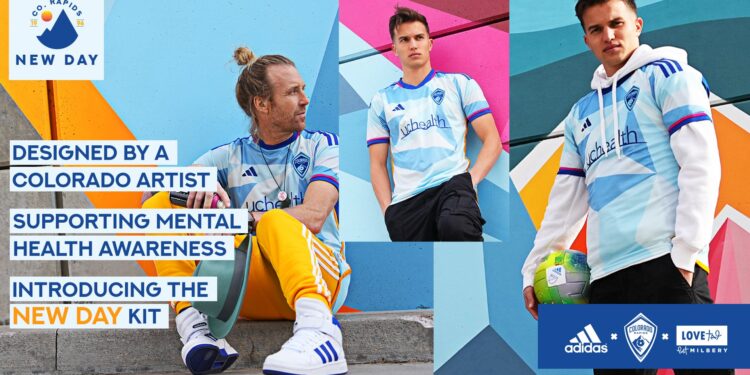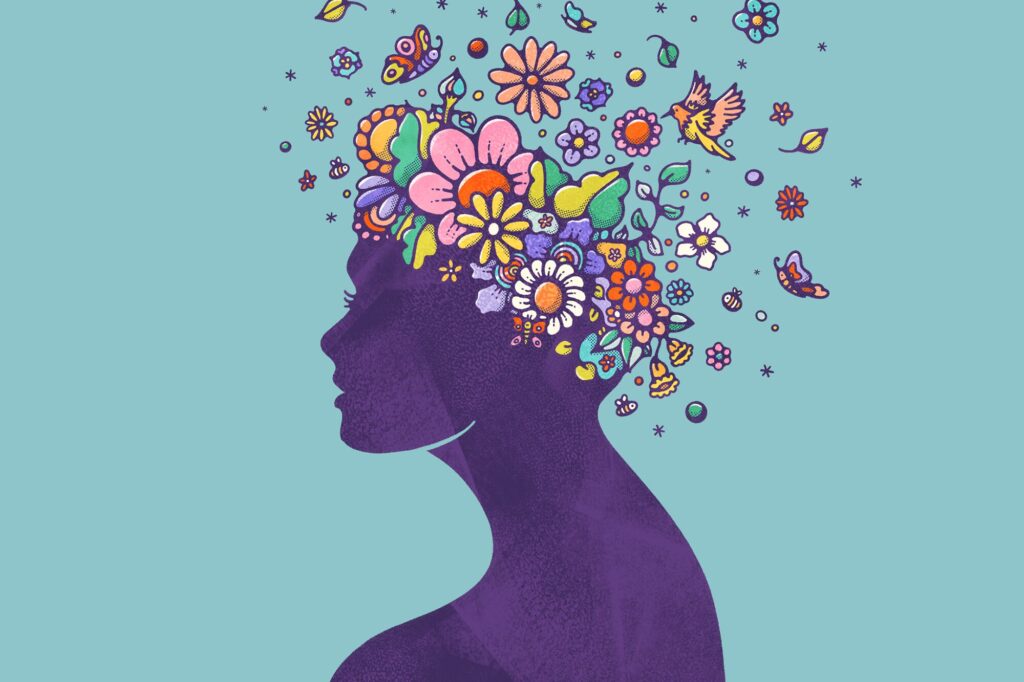By Keith Richards
This past Tuesday, the Colorado Rapids unveiled their 2023 secondary kits. Campaigned as New Day, the kit was co-designed by Denver-based artist Pat Milbery, which makes it one of the few kits designed by a local artist. More importantly, as part of the New Day launch, the Rapids are partnering with Mental Health Colorado and UCHealth to bring awareness to mental health across the state of Colorado. The hope is to lessen the stigma around mental health and seeking help. So, here goes. I’m Keith Richards and I suffer from manic depression.
It’s been over a decade since I received my diagnosis of manic depression. Every day since has been a struggle. So, when the Rapids announced that the New Day kit would help bring awareness to this disease that I feel I battle alone every day, I was both humbled and saddened simultaneously.
I was humbled that the Rapids would use something as sacred to the team as the launch of New Day and their secondary kits to help bring awareness to this disease. I was saddened that for those that suffer from mental illness, it is still not a new day and many continue to suffer in silence. What would a new day look like for those that suffer from mental illness? I can think of a few ways.

The National Alliance of Mental Health (NAMI) states that 1 in 5 adults in the United States experiences mental illness every year. Furthermore, 1 in 20 adults in the U.S. experiences serious mental illness. The National Institute of Mental Health (NIMH) defines serious mental illness as “a mental, behavioral, or emotional disorder.” A new day for those who suffer from mental illness would mean that these diseases are finally taken seriously.
According to the NIMH, 52.9 million adults live with mental illness. There are 209,128,094 million adults in the U.S. That means that 28.3% of U.S. adults live with mental illness. In addition to manic depression, I was also diagnosed with Autism Spectrum Disorder. Living with a mental illness and a developmental condition is extraordinarily difficult.

Many of us suffer in silence do so because of the stigma that surrounds mental illness. We are often seen as weak or lazy, but neither is true. We are neither weaker nor lazier than someone with hereditary heart disease. The difference is that hereditary heart disease is taken seriously. Mental illness is not. A new day for mental illness is increasing the 46.2% of U.S. adults who received treatment in 2020.
Another new day for mental illness would be proper access to treatment, which coincides with mental illness being taken seriously. The National Council of Mental Wellbeing found that though 56% of Americans seek help for mental illness, mental health services are insufficient. As the Council states, the norm for mental health services is limited options and long waits. Those limited options and long waits can be detrimental.
NAMI states that the second leading cause of death among people aged 10-14 is suicide. Suicide is the third leading cause of death of those aged 15-24 and the 12th leading cause of death overall in the U.S. It’s not possible to save everyone, but one can’t help and wonder how many could be saved. The American Foundation for Suicide Prevention (AFSP) cites that 45,979 died by suicide in 2020. A new day for mental illness would see that number (and the 1.20 million who are estimated to have attempted suicide in 2020) drastically reduced.
Finally, a new day for mental illness would mean that more studies are done about mental illness. Once again, this coincides with the stigma that surrounds mental illness. Just as many are hesitant to seek help for mental illness due to the stigma that exists, the same can likely be said for sufferers concerning being studied. If the stigma around mental illness can be lessened, so much can happen as a result. Further studies could be done to understand the disease, greater access to mental health care could be provided, more lives could be saved, and millions would no longer have to suffer in silence.
Again, I’m Keith Richards and I have manic depression. For the millions who suffer as well, know that you are not alone. Reach out for help if you are able. Team NBS and I are here to strive to make this a new day for mental illness.
National Suicide & Crisis Lifeline 9-8-8 or 1-800-273-8255
Self-Harm Hotline 1-800-366-8288


 NFL
NFL








Comments 1